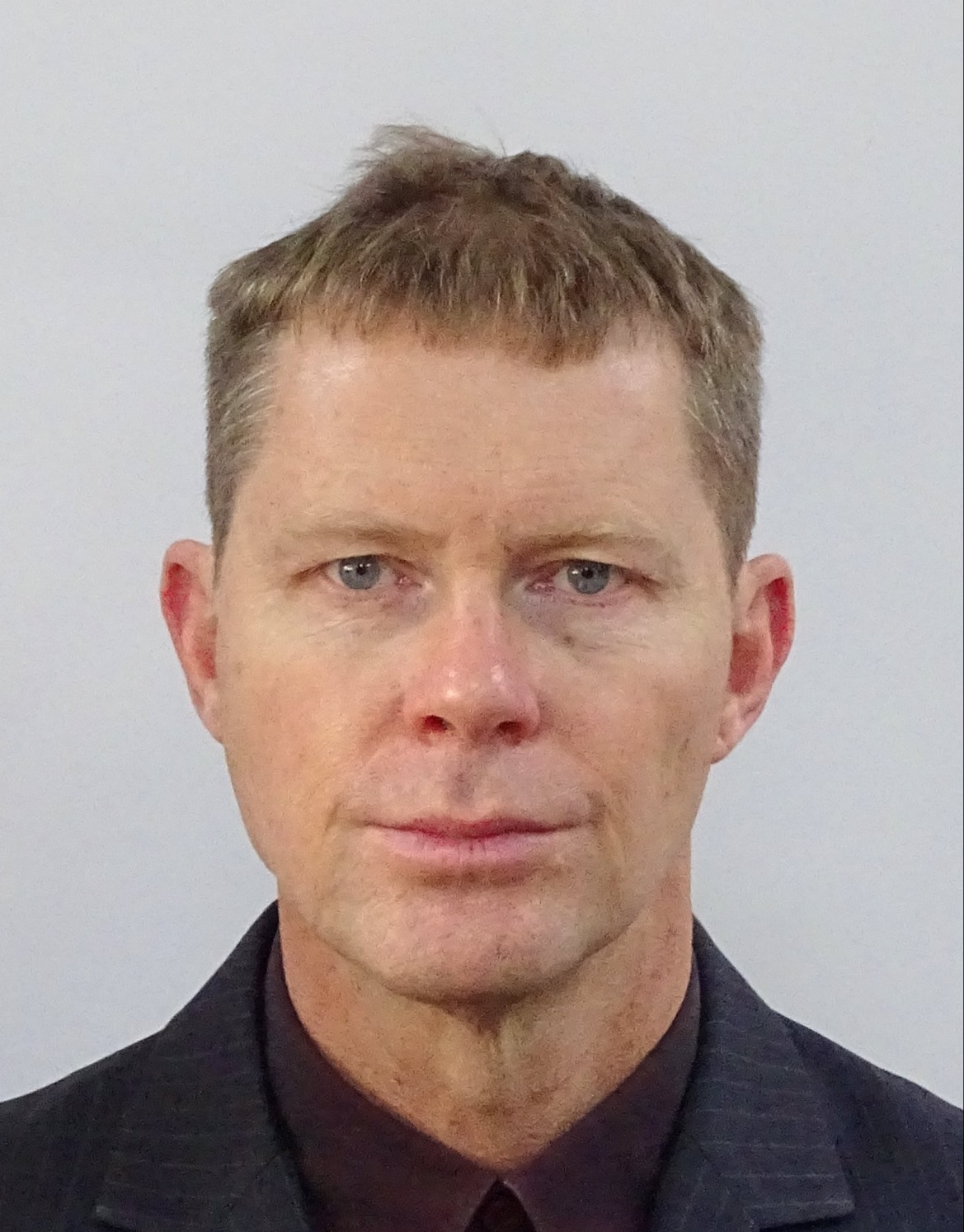Elemental Water Makers: delivering clean water, one project at a time

Elemental Water Makers’ projects rest on one simple deliverable: clean water produced from the sea. This small Dutch start-up has a global mission, with project management at its heart. On a chilly North Sea morning at Scheveningen, port for The Hague (where EWM is based at Campus@Sea, an incubator cluster for sustainable maritime businesses), Sid Vollebregt, EWM’s chief executive, is demo-ing EWM’s plug-and-play desalination drinking-water unit. Soon we are sampling the end-product, clear and sweet, not a hint of saltiness.
As we sip, Vollebregt tells how he was inspired when, while surfing in Madagascar, seeing village children resorting to drinking saline water woke him up to widespread water scarcity — 2.2bn people currently lack safe drinking water. EWM’s co-founders, inspired by the long Dutch tradition of water adaptation, looked to the sea for a solution that was cheap, effective and environmentally sustainable, suitable for off-grid and remote locations, and disaster relief.
Taking a modular approach
The plug-and-play unit is the result. Eschewing the dirty fossil fuels of conventional desalination technology, it's solar-powered, cheap to run, low-maintenance, designed to stand alone and can be deployed quickly anywhere with close seawater access. Housed in a shipping container, it's easily transported and installed and simply rests on a concrete pad. For support, connectivity is key — something Vollebregt points out is everywhere, from satellite networks, to Somalia’s network of mobile providers. “With WhatsApp, we can communicate with the people involved.”
From the first Madagascar project in 2018 (where there has now been three projects), EWM now runs 20 projects per year in 25 countries, from islands of the Caribbean, Southern Africa, the Horn of Africa, the Middle East and South-East Asia, for customers including tourism resorts, small communities and government-run disaster response programmes. Its non-profit arm works with non-governmental organisations to deliver clean water in developing countries, including risky locations such as Somalia and Yemen.
Waterfall with a sprinkling of agile
Even with a simple and clear objective and product, that's a lot of stand-alone projects for a small company (EWM’s original team has grown from two to six) to manage. Aptly, Vollebregt describes EWM’s project-management approach as “waterfall, with elements of agile”: it takes a linear approach to deliver its product from the initial order to when the water starts flowing, and beyond, with aftercare and maintenance for one year beyond each finished project.
Each project is handled by a specific project engineer. Viktor van Houten is one of EWM’s project engineers, currently balancing projects in Morocco and Antigua. “We split our projects into multiple phases.” First, EWM works remotely with the customer on the necessary preparation works — ensuring access to clean seawater and water storage, making sure the concrete slab is in place, and arranging documentation and permits. Then the design and building phases. “We have developed a template which consists of building blocks and some of these blocks have priority”— seawater pumps, for example. Then transportation and installation. “Because we send our watermakers to very remote locations we have a very strict system before we send our product…we usually travel to the customers for training and commissioning.”
The stakeholder challenge
It's a simple approach, with the same equipment and deliverable. The challenges, says Vollebregt, come with the different stakeholders. “When dealing with a resort, you are dealing with a manager or owner — the beneficiaries and professionals with defined roles.” This typically makes for a smoother approach — although not always. Some islands “are pretty laid back… we have learned we really need to confirm everything before we step onto the plane.”
Whereas a project for a community, “the NGOs are the bridge between us and the beneficiaries.” NGOs typically involve multiple players, with various roles, handling many projects. “There are many hats.” All this can cause delay, especially in advance-of-project stages.
Unforseeable surprises
And there are challenges hard to plan for. Vollebregt points to a project in Hafun, Somalia, where EWM worked with Save The Children. “Several months’ delay, due to flooding and safety issues.” Sometimes, EWM staff cannot even be on site — as happened in both Somalia and Yemen (where EWM has worked with CARE International). In such cases, “the right people” are brought to the Netherlands for training, and remote support via WhatsApp, from the project engineers, comes into its own.
Van Houten sees value in “unforeseeable surprises” — say, equipment disappearing at customs along the way. “They make us take a step back and look into systems to try and be able to catch these surprises before they can impact the project flow.” Thus, making the unforeseeable foreseeable.
For Van Houten, once the water is running from the machine, “it goes into the finished projects stack.” But the learning goes on: a project review is done in-house, to ensure others can pick up the project, and lessons learned are implemented. “We are taking time to improve and standardise our projects so managing them takes less time. Looking at the project from a bird's eye perspective also gave me more insight into how I was managing things.”
Maturing project management
As EWM seeks to grow further, so does its project management approach. Says Vollebregt: “We are engineers… project managers without the project management background. But to scale up, it is important we have our project management approach well defined.” As EWM goes from “one project in Somalia to ten projects in Somalia…multiple projects on a geographical basis”, more resources are likely to be allocated to the project management role. “It is a logical progression.”


0 comments
Log in to post a comment, or create an account if you don't have one already.